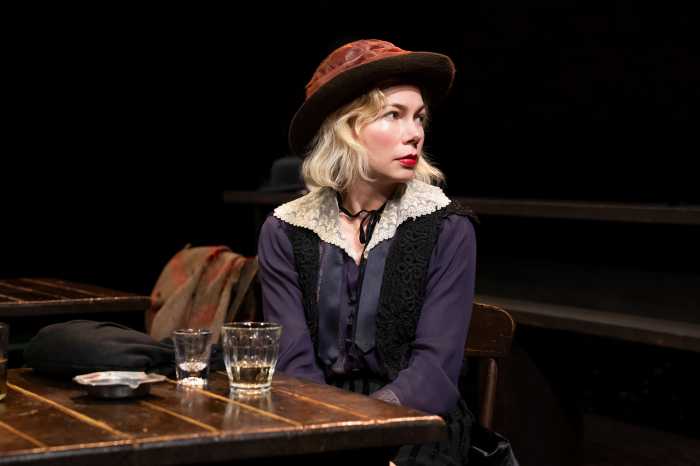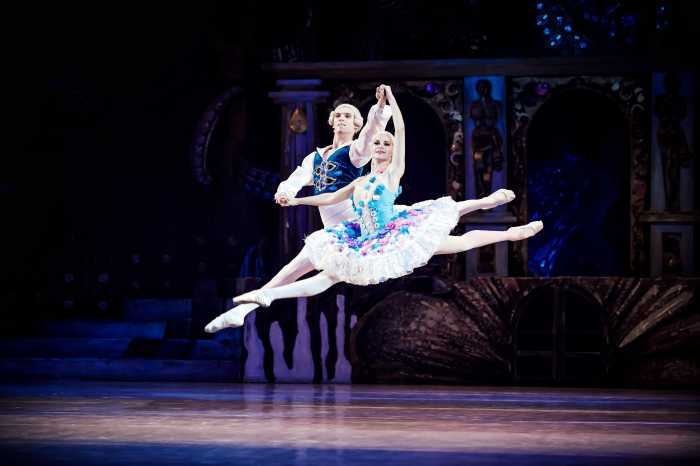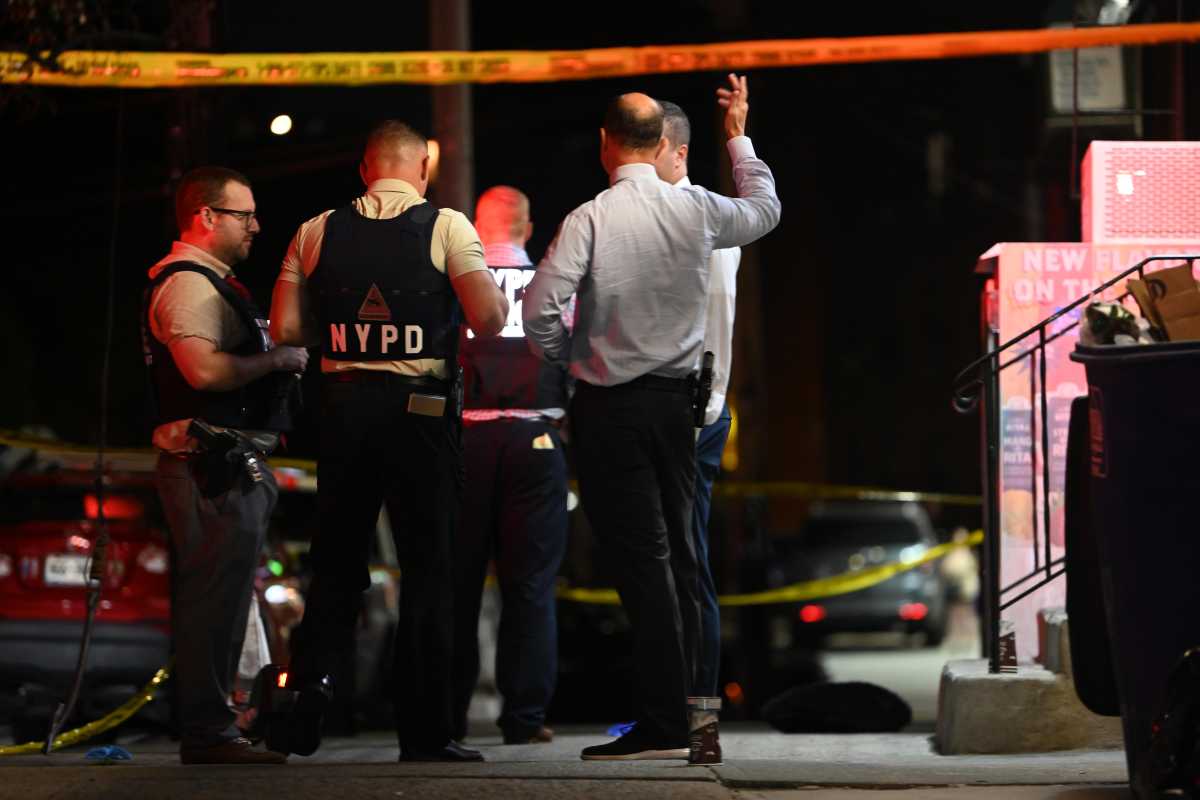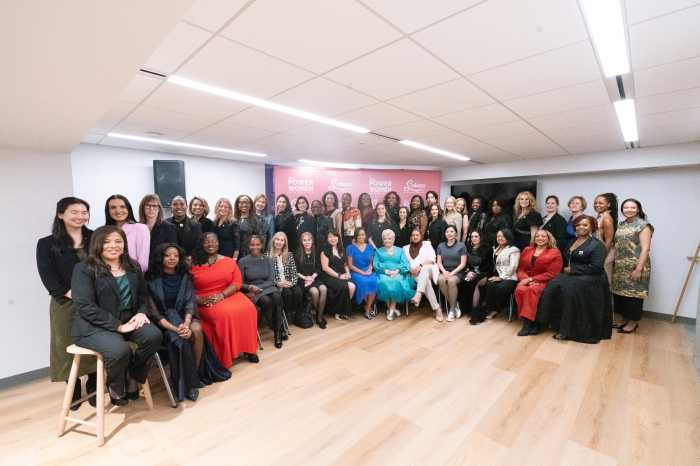"Vice"
Directed by: Adam McKay
Starring: Christian Bale, Amy Adams, Steve Carell, Sam Rockwell
Rated: R
It should surprise no one that Christian Bale is so authentic as Dick Cheney in “Vice” that it’s positively creepy.
We’re talking harrowing stuff, the sort of performance that stands as such an immersion into the core of this person that it’s like you’re sitting right there with him, glowering in the corner.
Bale is one of the world’s great chameleonic actors and you know if he’s going to take on such an unlikely character, he’s going to really go for it.
And go for it he does, in a transformation that even outdoes his famed extreme transition from his emaciated 2004 “The Machinist” state to his bulked up Bruce Wayne two years later.
So, the truth is that it scarcely matters the biopic Bale’s starring in isn’t otherwise all that special.
He’s so good standing still, saying nothing, practically mind-warping the movie’s presentation of President George W. Bush (Sam Rockwell) into doing exactly what he wants, that if the picture consisted of nothing but Bale’s Cheney staring in silence, it’d almost be worth the investment.
Written and directed by Adam McKay and incorporating the same fourth wall-busting techniques the filmmaker employed in another documenting of recent American history, “The Big Short,” the movie follows Cheney from a ruffian period in Wyoming through his ascent to the upper echelon of the United States government.
It pays particularly close attention to his friendship with Donald Rumsfeld (Steve Carell, who is playing the former defense secretary as one might imagine Carell would, which is not necessarily a criticism) and his relationship with wife Lynne (Amy Adams), which is written as a union of two ambitious mercenaries but acted by the stars with a great degree of humanity.
The McKay technique is nothing if not ambitious. Characters directly address the audience, end credits scroll early and the entire production is given an arch and sarcastic perspective that can seem to be at odds with the extreme seriousness of what’s being put on screen (Oval Office discussions about terror raids and the like) and, particularly, this man’s singular place in the annals of the 21st century American experience.
It didn’t particularly work in “The Big Short,” which played like a smarmy term paper rather than a movie with something of interest to say, and here it often undercuts the essence of this story. It also occasionally wastes Bale’s efforts; when you have a performance of this magnitude, why bother having your actor spew nonsense dry vulgar comic dialogue in an aside meant to illustrate his persuasion skills?
The Cheney story demands something darker and more foreboding in terms of its stylistic approach, or at least something that feels more Shakespearean in its dimensions.
But the movie is onto something when a young Cheney asks the slightly older Rumsfeld: “What do we believe,” and gets unhinged laughter in response.
It is strongest when it considers the void at the center of this story, when McKay makes a direct parallel to the current occupant of the Oval Office in his portrait of these figures as unflinchingly power-hungry, driven to accumulate status and control not out of any deep set of convictions, but because the power is the whole point.







































